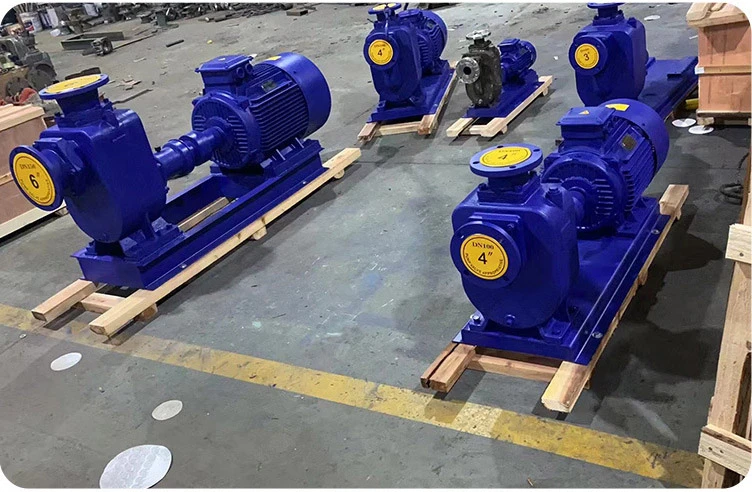English
- Afrikaans
- Albanian
- Amharic
- Arabic
- Armenian
- Azerbaijani
- Basque
- Belarusian
- Bengali
- Bosnian
- Bulgarian
- Catalan
- Cebuano
- Corsican
- Croatian
- Czech
- Danish
- Dutch
- English
- Esperanto
- Estonian
- Finnish
- French
- Frisian
- Galician
- Georgian
- German
- Greek
- Gujarati
- Haitian Creole
- hausa
- hawaiian
- Hebrew
- Hindi
- Miao
- Hungarian
- Icelandic
- igbo
- Indonesian
- irish
- Italian
- Japanese
- Javanese
- Kannada
- kazakh
- Khmer
- Rwandese
- Korean
- Kurdish
- Kyrgyz
- Lao
- Latin
- Latvian
- Lithuanian
- Luxembourgish
- Macedonian
- Malgashi
- Malay
- Malayalam
- Maltese
- Maori
- Marathi
- Mongolian
- Myanmar
- Nepali
- Norwegian
- Norwegian
- Occitan
- Pashto
- Persian
- Polish
- Portuguese
- Punjabi
- Romanian
- Russian
- Samoan
- Scottish Gaelic
- Serbian
- Sesotho
- Shona
- Sindhi
- Sinhala
- Slovak
- Slovenian
- Somali
- Spanish
- Sundanese
- Swahili
- Swedish
- Tagalog
- Tajik
- Tamil
- Tatar
- Telugu
- Thai
- Turkish
- Turkmen
- Ukrainian
- Urdu
- Uighur
- Uzbek
- Vietnamese
- Welsh
- Bantu
- Yiddish
- Yoruba
- Zulu
Telephone: +86 13120555503
Email: frank@cypump.com
Oct . 11, 2024 00:35 Back to list
effluent pump
Understanding Effluent Pumps Essential Components for Wastewater Management
Effluent pumps are critical devices utilized in the management of wastewater and effluent. These pumps are specifically designed to transport liquids that contain solid particles, making them indispensable in various settings, including residential, commercial, and industrial applications. This article delves into the importance of effluent pumps, their functionalities, various types, and factors to consider when selecting the right pump for your needs.
What Are Effluent Pumps?
Effluent pumps are robust pumping systems engineered to handle wastewater efficiently. Unlike standard sewage pumps that are typically used for raw sewage, effluent pumps manage water that has been somewhat treated and may contain light debris or solids. They are commonly found in septic systems, lift stations, and wastewater treatment facilities.
The primary function of an effluent pump is to move the effluent from one place to another, often from a septic tank to a drain field or to a municipal sewer system. The ability to handle solids typically up to 2 inches in diameter makes them crucial for preventing clogs and backups in the sewage system.
How Do Effluent Pumps Work?
Effluent pumps operate using a motor-driven mechanism that generates enough force to move wastewater. When the water level in the holding tank rises to a pre-determined level, the pump is activated, usually by a float switch. The pump then propels the effluent through pipes to the designated discharge area. Many models are submersible, meaning they can be placed underwater within the tank, while others may be pedestal-mounted above the tank.
One of the key features of effluent pumps is their construction. They are typically made of durable materials resistant to corrosion and wear, ensuring longevity and efficient performance even in harsh wastewater environments.
Types of Effluent Pumps
There are several types of effluent pumps available on the market, each designed for specific applications
1. Submersible Effluent Pumps These are designed to operate underwater. Their compact design allows them to be submerged in the effluent tank, which reduces the noise level and offers ease of installation.
2. Pedestal Effluent Pumps Unlike submersible models, these pumps are mounted above the water level. They are typically easier to maintain but may be noisier than submersible pumps.
effluent pump

3. Semi-Open Impeller Pumps These pumps have a design that allows for greater tolerance of solids, making them suitable for applications where the effluent consists of larger particulates.
4. Effluent Sewage Pumps Though similar to effluent pumps, these are specifically designed to handle wastewater with more significant solid content and are generally utilized in residential applications where a septic system is present.
Selecting the Right Effluent Pump
When choosing an effluent pump, several factors should be taken into account
- Flow Rate Assess the volume of effluent that needs to be pumped and choose a pump with a suitable flow rate.
- Head Height Consider the vertical distance the effluent has to travel; ensure the pump can handle the required head height.
- Solid Handling Capacity Make sure to select a pump that can manage the size and volume of solids contained in your effluent.
- Power Source Determine if you prefer an electric pump or a battery-operated model and ensure you have the necessary power supply.
- Durability and Maintenance Look for pumps made of corrosion-resistant materials. Ease of maintenance is also an important factor to consider for long-term use.
Conclusion
Effluent pumps play a vital role in maintaining proper wastewater management systems. Their unique design and functionality make them suitable for various applications, helping to ensure that effluent is disposed of safely and effectively. By understanding the different types and selection criteria, homeowners, businesses, and industry professionals can make informed decisions, thereby ensuring the efficient operation of their wastewater systems and contributing to environmental sustainability. Whether for a residential septic system or an industrial application, the right effluent pump can significantly impact efficiency and reliability in wastewater management.
-
Horizontal Split Case Pump with GPT-4 Turbo | High Efficiency
NewsAug.01,2025
-
ISG Series Pipeline Pump - Chi Yuan Pumps | High Efficiency, Durable Design
NewsAug.01,2025
-
Advanced Flue Gas Desulfurization Pump with GPT-4 Turbo | Durable & Efficient
NewsJul.31,2025
-
ISG Series Vertical Pipeline Pump - Chi Yuan Pumps | Advanced Hydraulic Design&Durable Construction
NewsJul.31,2025
-
ISG Series Vertical Pipeline Pump - Chi Yuan Pumps | Energy Efficient & Low Noise
NewsJul.31,2025
-
pipeline pump - Chi Yuan Pumps Co., LTD.|High Efficiency&Low Noise
NewsJul.31,2025










